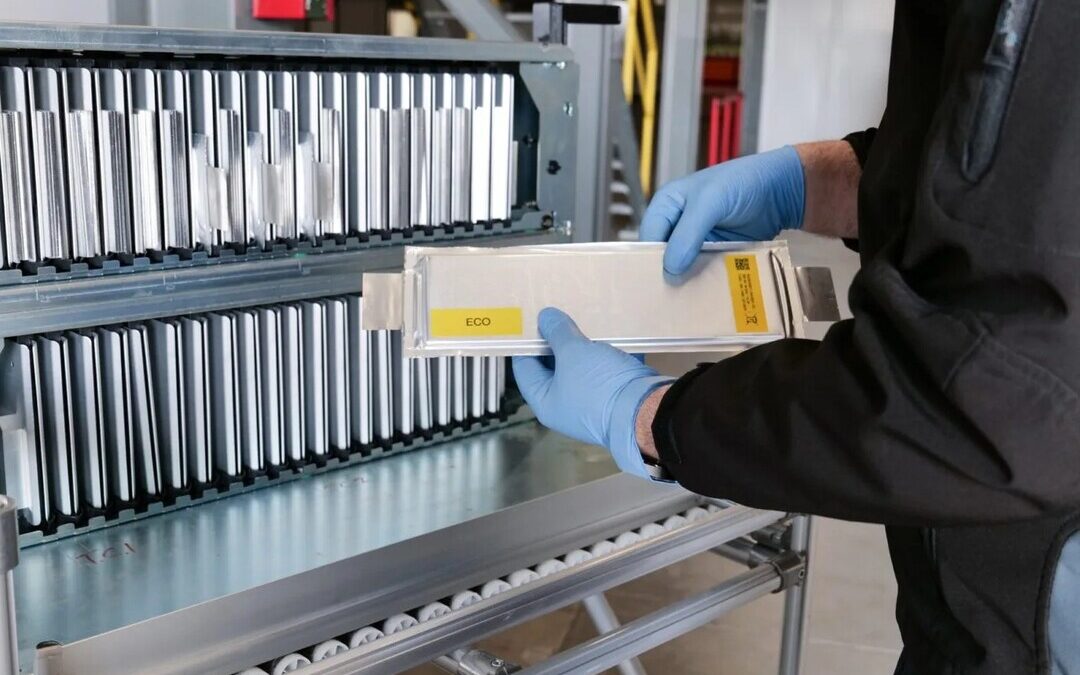Altilium and JLR Unveil UK’s 1st EV Battery Cells Made From Recycled Materials
Altilium and JLR unveil recycled EV battery cells at Cenex Expo, boosting UK’s sustainable automotive supply chain.
Altilium, a UK-based clean technology group, and Jaguar Land Rover said on Wednesday they had unveiled the country’s first electric vehicle battery cells produced using recycled cathode active materials, marking a step toward building a circular economy for EVs.
The demonstration, held at the Cenex Expo 2025, was supported by the Advanced Propulsion Centre UK under its Advanced Route to Market Demonstrator initiative.
The project aims to prove that recycled materials can be used at scale in high-performance EV batteries, helping automakers meet sustainability goals and strengthen domestic supply chains.
Cells Made With Recovered Materials
The companies showcased automotive-grade NMC 811 multilayer pouch cells manufactured using cathode active material recovered from end-of-life EV batteries through Altilium’s EcoCathode process.
The concentration of recovered materials aligns with targets set under the European Union’s new battery regulations, which require minimum recycled content levels by 2036.
Initial electrochemical testing showed comparable performance with conventional materials, with further validation underway at JLR’s battery testing facilities.
Lower Carbon Impact
An independent life cycle assessment by sustainability consultancy Minviro found that using fully recycled cathode materials in UK-made NMC 811 cells could cut greenhouse gas emissions by 32 percent compared to batteries made with virgin materials mined and refined in Asia.
The analysis also reported reductions in particulate matter formation of 30 percent, freshwater ecotoxicity of 58 percent and mineral resource use of 38 percent.
In addition, Altilium and JLR demonstrated single-layer pouch cells containing 100 percent recycled cathode and graphite anode materials, highlighting the potential for full circularity in cell components.
“This is a major technical breakthrough and a vote of confidence in the UK’s ability to lead in battery recycling,” said Christian Marston, Altilium’s co-founder and chief operating officer.
David Sellick, JLR’s product sustainability propulsion lead, said the initiative underscored the company’s commitment to reducing the environmental impact of EV batteries without compromising performance.
Building Supply Chain Resilience
Altilium’s EcoCathode process can recover more than 95 percent of cathode metals and over 99 percent of graphite from battery waste, upcycling them into materials ready for reuse in new cells. The project supports compliance with upcoming EU battery rules, reducing export risks and strengthening domestic sourcing.
The Cenex showcase also included a virtual reality model of a Jaguar I-PACE battery pack, illustrating how the recycled cells could integrate into existing EVs.
Nirmal Menon
Related posts
Subscribe
Error: Contact form not found.


